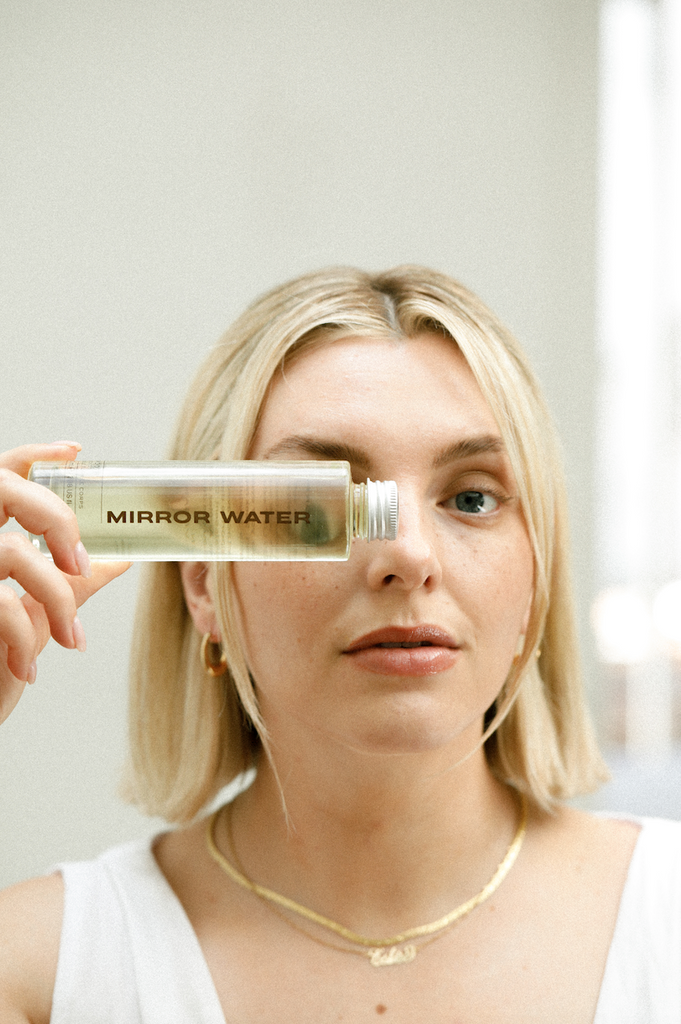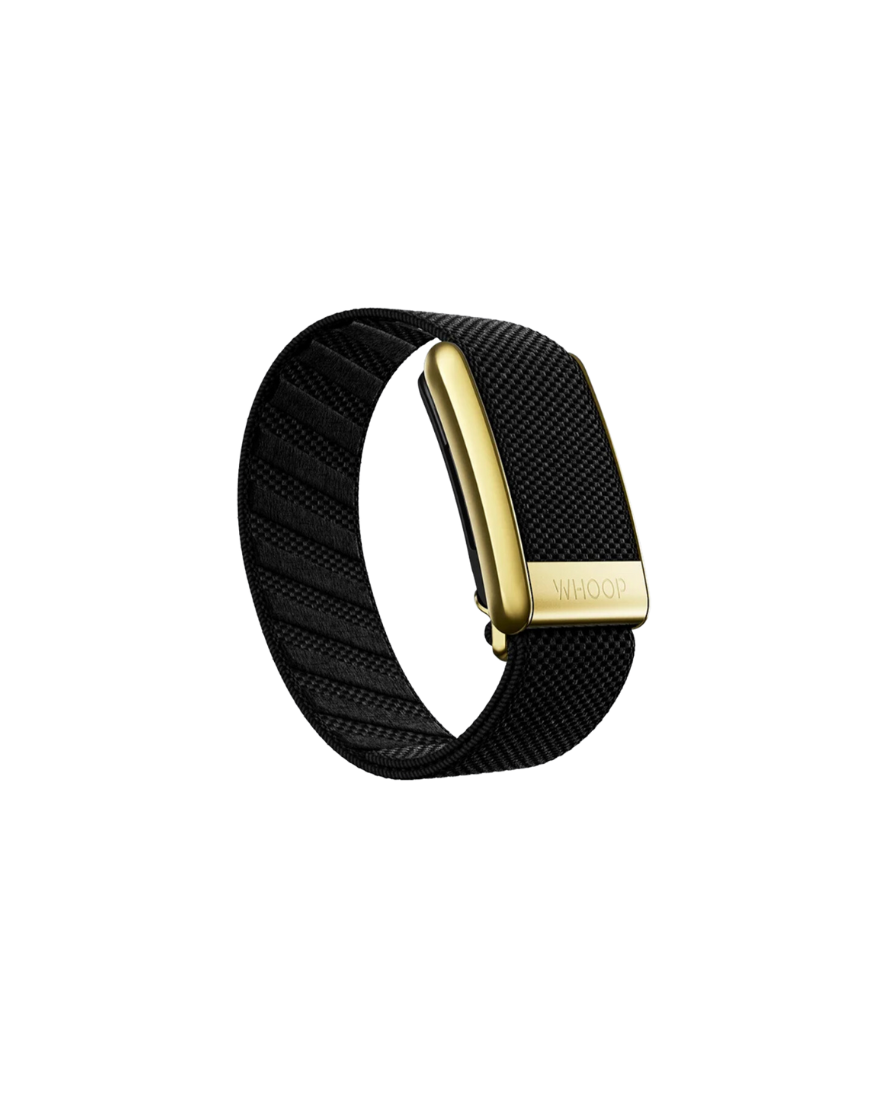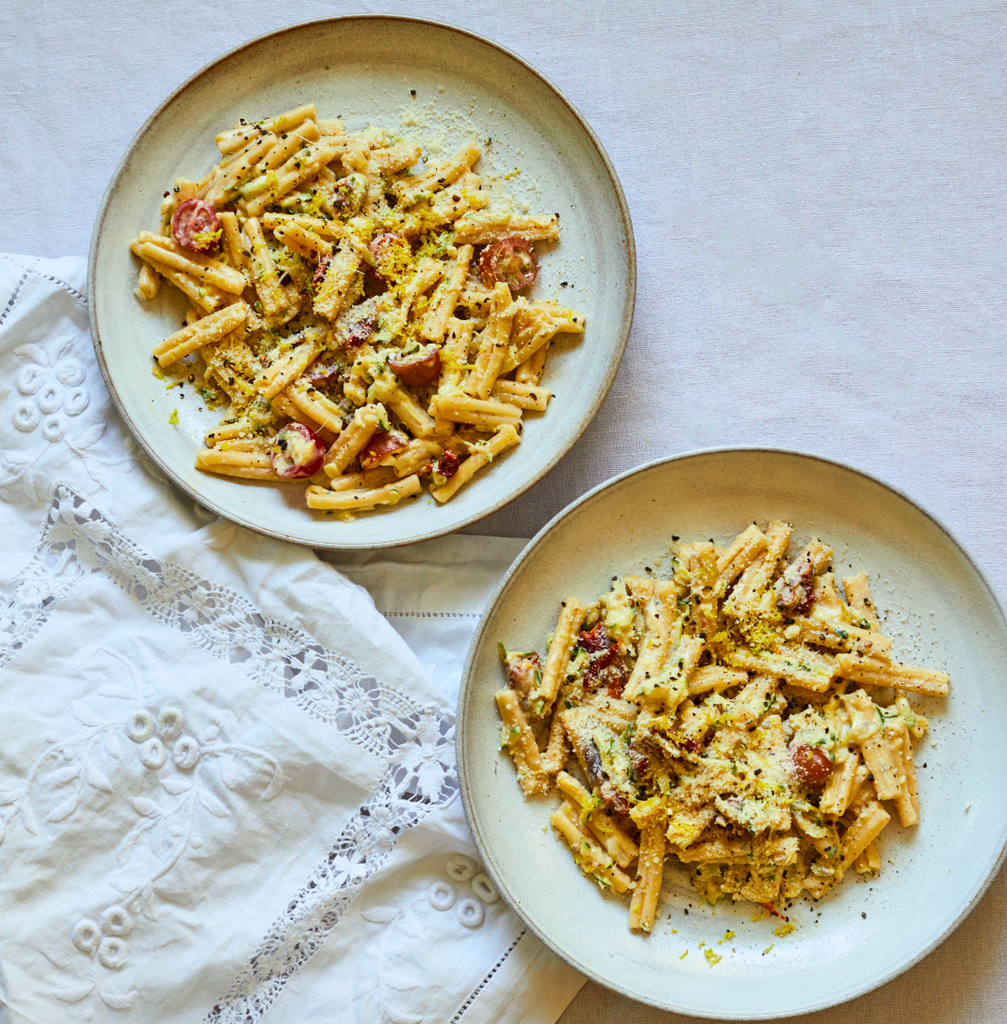According to the government’s National Institute of Mental Health, self care simply means taking the time to do things that help you live well and improve both your physical health and mental health.
Things like getting regular sun exposure and some form of exercise, sleeping enough hours a day, prioritising tasks and needs and learning to delegate, eating a balanced diet and staying hydrated ––they seem simple, but we all know that once the going gets tough and the week starts filling up, they can be anything but. Well, self care is all about managing to squeeze as many as you can of these types of activities and goals into your everyday life!
It’s not some magic formula, of course, and it’s never an instant on-off switch. But prioritising self care is super important, especially in the long run, as stress can majorly affect our health and put us at risk of heart disease, high blood pressure, sleep and memory impairments, strokes, muscle tension, chronic pain, digestive issues, Alzheimer's disease, diabetes, and so much more.
We don’t want to scare you, we’re here to warn you: if you keep putting off taking care of yourself, this is the time to get serious about your priorities.





















